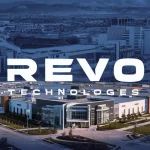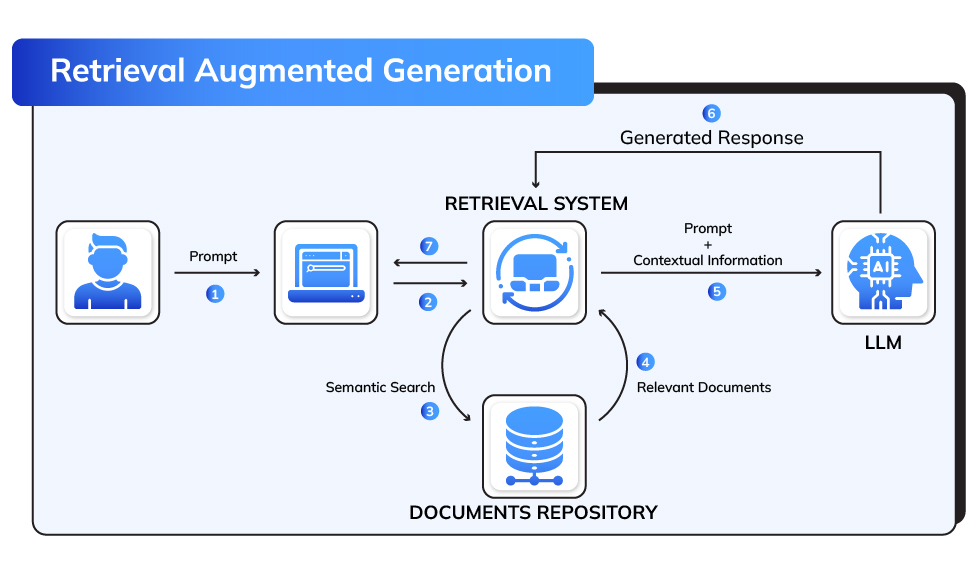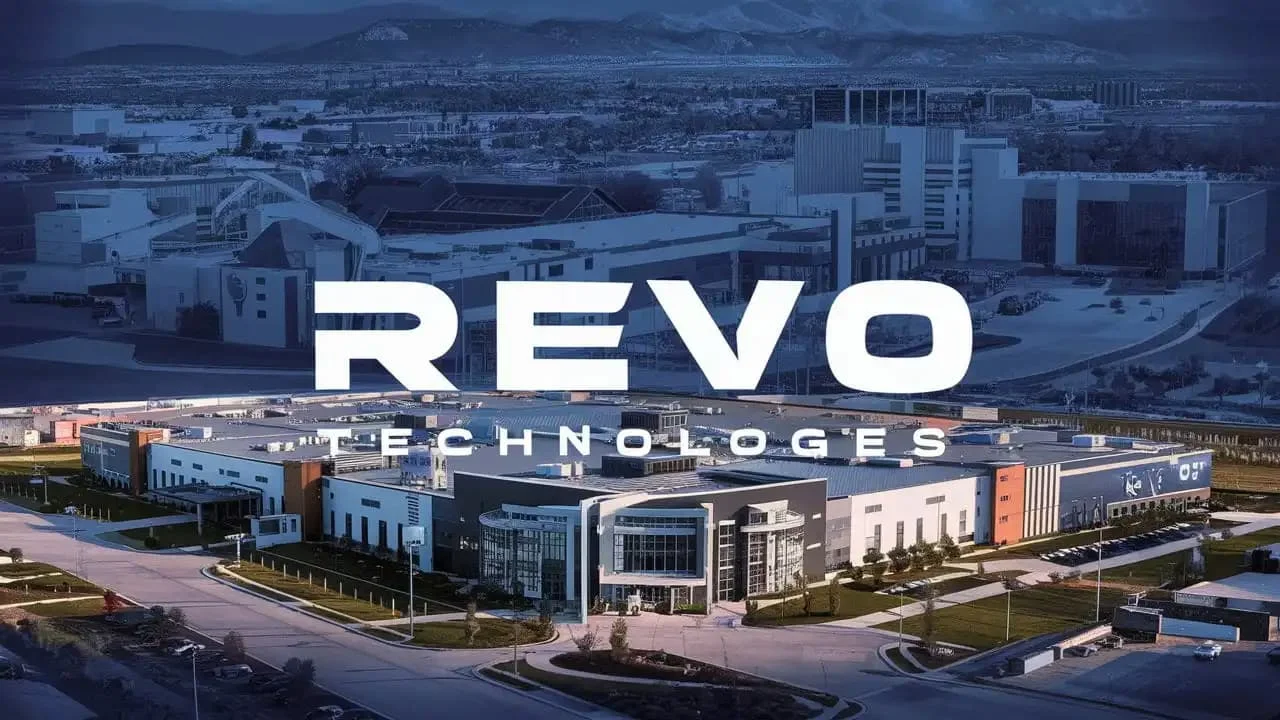Ethical Considerations When Working with RAG LLM
Like with every other tool powered by an AI, it is essential to use RAG LLM responsibly. Because model performance is dependent on existing data, this can sometimes mean that the neural network is simply reinforcing biases in the literature. Users need to assess the relevance and merits of sources retrieved. Awareness of ethics becomes even more important when dealing with sensitive fields like medical research, since archaic or biased information could bias outcomes. A blended approach guarantees that RAG LLM serves to supplement human judgment rather than replace analytical thinking.RAG in Research Reimagined.
New Research Possibilities with RAG
The incorporation of RAG LLM into scientific disciplines may not only revolutionise the speed of established procedures, but also promote entirely different approaches. When researchers treat RAG as an assistant rather than a replacement, it can create new avenues in exploration:
Customisation of Retrieval Paths — Researchers can use RAG LLM to train models on highly custom or niche databases, specific to a discipline. Such personalization enables highly accurate retrieval and summarization by the model.
Cross-Domain Scalability: RAG has grown in a few of the scientific fields from social sciences to astrophysics as it adapted [3] by now. RAG enables structured access to data, this can help researchers from different areas of research simply by tuning the retrieval sources.
Collaborative Research Potential – RAG LLM can help in collaborative research where multiple researchers enter queries and share the insights they retrieve this way, allowing for a joint exploration of large subjects.
The Solution: RAG in Research Reimagined
RAG LLM is a breakthrough in research powered by AI. It allows scientists to spend less time repeating the same literature reviews and hypothesis testing, thus freeing up their time to conduct novel high-impact work. With the constant evolution of RAG technology, its potential will continue to add to scientific discovery as it evolves into a trustworthy companion for researchers.











